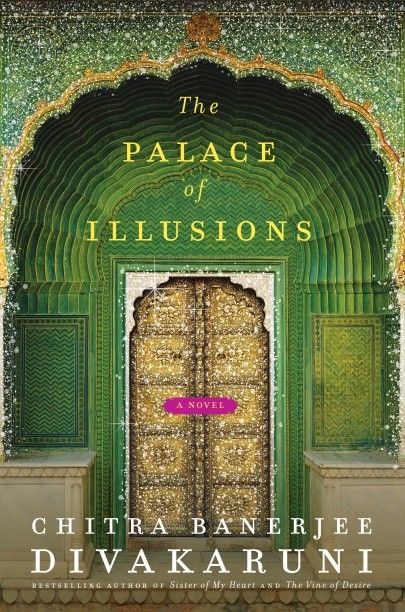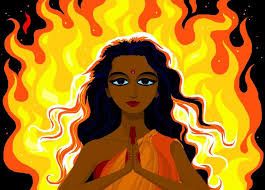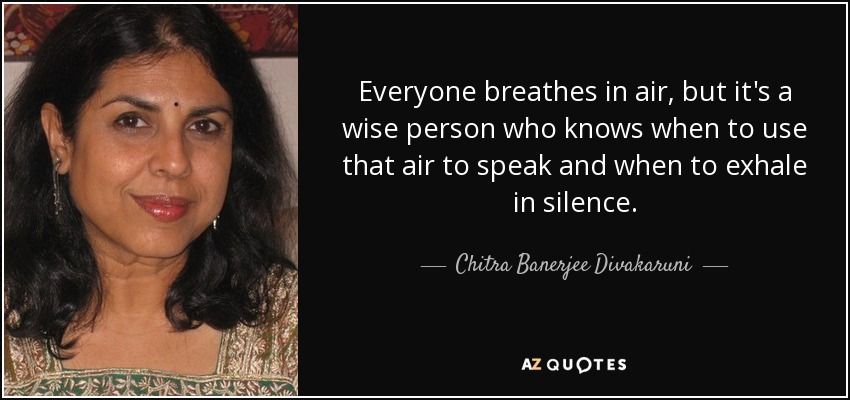A Critical Literary Review Of 'the Palace Of Illusions'- Mythological Fiction
May 21, 2019 • 1790 views
An introduction to the novel:
'The Palace of Illusions', a composition of an Indian origin American author, Chitra Banerjee Divakaruni is a feminist retelling of the Indian epic poetry 'Mahabharata - The Grand War between brothers of royal lineage' as Draupadi's story published in 2008.
Draupadi, also known as Panchaali derives her name from the name of her father Drupada or as known in the novel 'Drupad', heir of the Panchaal kingdom and subsequently her name Panchaali comes into the picture as the princess of Panchaal.

A literary review of the epic fantasy:
Chitra Banerjee Divakaruni in her retelling of the Mahabharata, 'The Palace of Illusions' portrays the story through Draupadi's eyes, making her the central character. She is the cause behind the major upheavals of the plot due to her impulsive decisions and rebellious nature. Her interpretation of everything around her gives the epic altogether a different shape where one gets to see how she chooses Arjun over Karna despite being more inclined towards the latter. It was due to the former's lineage and position in social hierarchy whereas both possessed equal capabilities or probably the latter possessed more. It was a decision she took at spur to protect the pride and life of the person most dear to her-her elder brother Dhri, born from the same fire as her. Despite her instinctive calling she went for Arjun and had to throw Karna out of her Swayamvar (a function where the princess chooses her husband either by a competition or choice. In this case, it was via an intricate archery challenge) in the most humiliating manner by questioning the whereabouts of his birth parents as she knew when given a chance he would have won her hand all because of what Krishna - her divine acquaintance guided her.

(Draupadi was born from a holy fire with a prophecy in the novel that she will change the course of history. Her interpretation and redefinition of her beauty especially due to resemblance of her skin tone with Krishna is an important aspect of the novel.)
One is well aware of the concept of Polyandry introduced through Draupadi's marriage with Pandavas as a strict adherence to Kunti (Birth mother of three pandavas and step mother of the rest two)'s word. The word of sharing whatever you have got amongst yourselves not realising what they were referring to.
What's interesting is the way it happens in the plot. It is clear post Swayamvar, Draupadi has accepted her fate and readily accepted Arjun as her husband unaware of his real identity but realising he is certainly of a fancy lineage and not an ordinary Brahmin from his presence, personality and archery feat in her Swayamvar. When met with Kunti's words, and her obstinacy of adherence to it, she rebels realising the consequences of a Polyandry in a highly orthodox and a rigid patriarchal society, in an era where it was even difficult to find a man adhering to monogamy and most importantly she didn't want to marry. Her father and her family at Panchaal comes to her rescue but to no avail.
The terms of the marriage, the recurring insults of pandavas by Kauravas, Yuddhistir' s stupidity over the board, her insult, her curse to the clan that actually led to it's very destruction and most importantly losing the palace most dear to her from which the novel gets its name,' The Palace of Illusions '.
The plot takes its conventional structure of the epic. What's unusual is the ending, Draupadi 's interpretation of herself, the plot questioning Kunti's intentions behind moving Draupadi into the Polyandry in a subtle nudging manner making us wonder the existence of marital rape in mythology as well as the happily ever after ending in the afterlife with the union of Karna and Draupadi. The beauty and selflessness as well as service captured in her relationship with Krishna is unique to the novel. Krishna was Draupadi's childhood acquaintance with whom she held a lot of similarities. Throughout the novel, Draupadi perceives him to be divine and her blind faith on him serves as her guiding force. Through this mythological fiction composition, Chitra has certainly made us see the epic through an altogether different narrative.

Chitra Banerjee Divakaruni - author of ' The Palace of Illusions '.
A writing in the genre of epic fantasy and mythological fiction giving it a feminist narrative.
